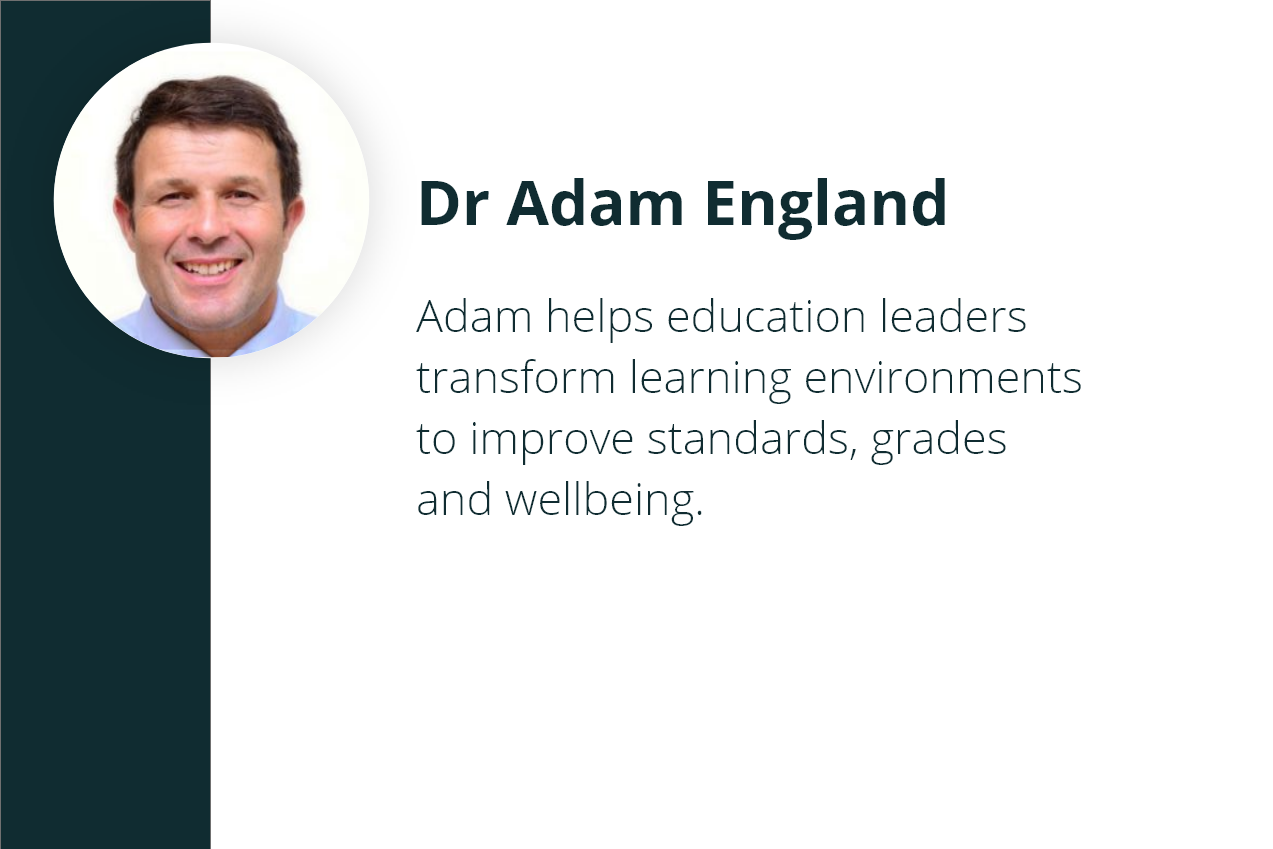How to Embed A Culture of Pastoral Care in Your School

Following the recent fascinating discussion at the Welsh Independent Schools Council in September, here at Noble and Eaton we wanted to dive a little deeper into the topics raised by keynote speaker Simon Antwis, Senior Business Development Consultant at STEER Education. Simon, previously a headteacher at three schools and a schools inspector, says he believes strongly in reversing the decline in mental health and wellbeing in young people and is passionate about the importance of pastoral care in schools.

Pastoral care and why it is so important
All schools provide care for their students’ emotional and physical wellbeing. Schools which invest more into pastoral care and know that academic success and emotional development go together ensure their students are supported in many ways, not just academically. The link between health and education is well documented; those with higher levels of wellbeing are increasingly likely to get better results both at school and beyond. In addition, by implementing lessons in PSHE (personal, social, health and economic), students benefit from a wide range of life skills such as financial awareness, relationship advice and healthcare. In addition, good pastoral care can mean lower levels of self harm, bullying or other situations that can be masked easily.

Whose responsibility is pastoral care?
Good pastoral care should be found embedded throughout schools, from its ethos and values to the surrounding environment. As well as the pastoral and safeguarding team, medical officer, counsellors and members of SLT, in the classroom teacher / student communication is key. Pastoral care is not simply a job for your pastoral managers; all staff have an impact on students’ wellbeing and your pupils should be comfortable approaching any member of staff. Schools with genuine, friendly atmospheres where students are known to staff who keep an eye out for them and are there to talk to when things get difficult can contain smaller issues which means they are less likely to become bigger issues further on. In addition, schools that offer mentors and buddy systems ensure students always have peers they can talk to.

How can schools further embed a culture of pastoral care?
A proactive approach to identify early stages works well as does having trained staff. Schools that can offer this level of support for students may have adopted something similar to Steer Education’s digital programme, set up to assist school staff to identify, manage and ultimately improve the emotional wellbeing of students. Simon talked about the importance of how to identify and offer support to those students suffering from mental health and how vital it is that pastoral care in school is embedded to offer support and intervention. Some students put on a brave face each day although find it extremely difficult to cope and girls’ mental health is becoming more and more of an issue, with a significant and increasing trend towards increasing numbers in schools. The key areas for schools to work towards are good, two way communication for open dialogue; learning to be aligned with pastoral care and curriculum; make sure staff and students are on board with your school’s ethos and finally, if you can use data to help and support your students that may bring you more truthful answers than a face to face question.
Call Noble and Eaton to find out more.




